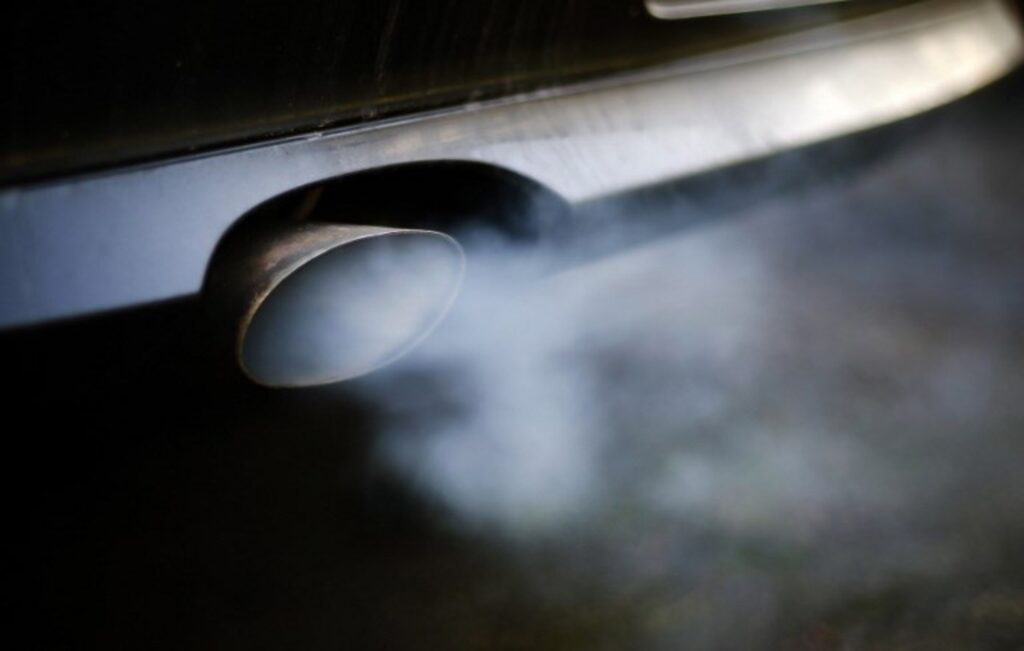Cars, vans and other vehicles on sale in the European Union will have to emit fewer pollutants by 2035, according to new European Commission rules proposed on Thursday.
The emission standards aim to make combustion engine vehicles on the EU market “as clean as possible, for as long as possible,” EU Internal Market Commissioner Thierry Breton said in a statement.
The commission expects the standards, known as Euro 7 rules, to reduce nitrogen oxide emissions from cars by about 35% by 2035, and cut such emissions from buses and trucks by more than 50%.
The rules also cover emissions from brakes, tyres and tailpipes, with the aim of reducing harmful emissions such as microplastics and other ultra-fine particles.
Tyre and brake standards also apply to electric vehicles.
Pending approval, the commission said the new rules for cars and vans would come into force from 2025, and for heavier vehicles two years later. The pollution rules follow an EU agreement last October to ban the sale of combustion engine vehicles from 2035.
However, the commission wants to maintain high emission standards for all new vehicles entering the market by then.
The European Parliament and the 27 EU Member States must now consider the proposal before it can come into force.
According to the Commission, exposure to air pollution from road traffic caused around 70,000 premature deaths in the EU and Britain in 2018.

